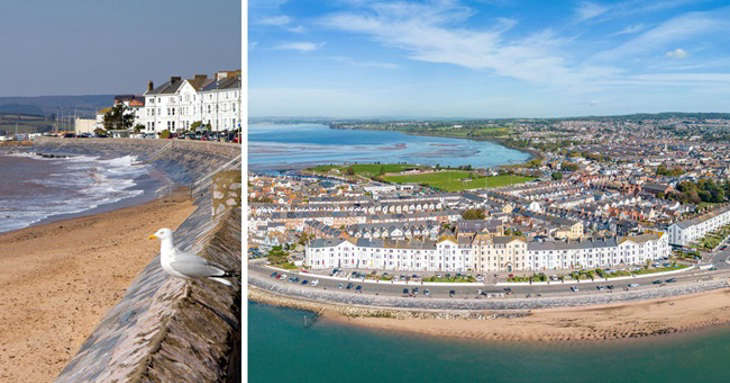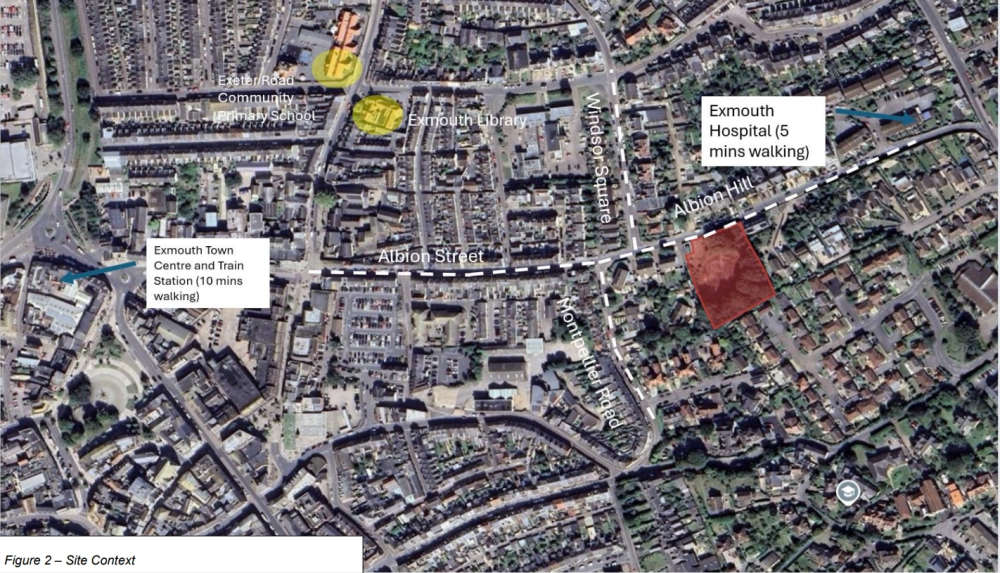
East Devon District Council (EDDC) has issued a formal response to the Marine Management Organisation’s consultation on proposed changes to the legal framework governing the Port of Exeter as put forward by Exeter City Council. These represent a major update to regulations dating back to the 1800s. The consultation closed on 23 November 2025.
While EDDC supports the principle of modernising the Harbour Authority’s powers, the Council has raised a number of significant concerns about aspects of the draft Exeter Harbour Revision Order (HRO), particularly where proposals may have unintended impacts on Exmouth beach, the estuary, local businesses, and the wider visitor economy.
At the same time, EDDC has reiterated its commitment to working constructively and collaboratively with Exeter City Council, Teignbridge District Council, partner agencies and local user groups to secure a fair, safe and sustainable outcome for all who use and enjoy the Exe.
Cllr Geoff Jung, EDDC’s Portfolio Holder for Environment – Operations, and Chair of the South East Devon Habitat Regulations Executive Committee, said:
“As a partner authority with shared statutory responsibilities for the internationally important habitats of the Exe Estuary, we fully support the idea of updating outdated legislation. A modern regulatory framework is essential for safety, environmental protection and effective harbour management.
“We are concerned for our residents about proposals within the draft Order that could allow new or higher charges for using the estuary, Exmouth seafront or the beach. Understandably, this has caused unease locally, and any changes must safeguard wildlife, public access and livelihoods.”
“Our goal is to ensure clarity, fairness and balance. We remain firmly committed to working with the Harbour Authority, user groups and partner agencies to ensure any new Order is workable, proportionate and respectful of the unique environmental and recreational value of the Exe.”
A complex shared responsibility
The Exeter Port Authority area stretches from Blackaller Weir in Exeter to the safe water mark off Exmouth beach, including Exeter Canal, Exeter Quay and the Canal Basin.
Responsibilities in this area are necessarily shared:
- Exeter City Council is the designated Harbour Authority.
- Exeter City, East Devon and Teignbridge District Councils act as Coast Protection Authorities.
- The Environment Agency also has statutory responsibilities for environmental protection and flood risk.
No single authority holds full responsibility, making partnership working essential to good management of the estuary and coastline.
An internationally important environment
The Exe Estuary is recognised as:
- A Special Protection Area (SPA)
- A Site of Special Scientific Interest (SSSI)
Its mudflats, saltmarsh, seagrass beds and other habitats support thousands of overwintering birds and a rich diversity of wildlife. Any changes to regulation, charges or activities must therefore align with strict environmental protections.
What the draft Harbour Revision Order proposes
Exeter City Council’s draft Order includes:
- Updated boundaries defining the Port of Exeter.
- Continuation of Exeter City Council as Harbour Authority.
- New charging powers for moorings, port facilities and some estuary uses.
- Enhanced navigation and safety powers for the Harbour Master, with penalties for non-compliance.
- A licensing regime for installing moorings, dredging or construction within the port area.
- Stronger environmental powers, including the ability to remove abandoned vessels or pollution risks.
- Advisory groups to ensure stakeholder involvement in decision-making.
EDDC’s response notes the potential benefits of improved safety and environmental controls, but requests further clarity and amendments to ensure fairness, transparency and compliance with existing legal duties, particularly those relating to habitat protection.
Next steps
Review of Responses: After the consultation period (which ended on 23 November, 2025), the Marine Management Organisation's Harbour Orders Team reviews and considers all objections and representations submitted by the public, statutory consultees and stakeholders.
Inquiry or Hearing: If significant objections are raised (and not withdrawn), the MMO may decide to hold a public inquiry or hearing to allow all parties to present their case before a final decision is made.
The MMO then makes a decision to either:
- Grant the Order: Make the HRO as applied for, or with modifications.
- Refuse the Order: Reject the application.
Laying before Parliament: Once made, the Harbour Revision Order is a form of delegated legislation. The Department for Transport (DfT) advises the MMO on ports policy and arranges for the Order to be laid before Parliament as a Statutory Instrument to become law.
EDDC will continue to work with Exeter City Council, Teignbridge District Council, Environment Agency colleagues and representatives across the Exe Estuary Management Partnership as the proposals develop.
The Council emphasises that maintaining public confidence, safeguarding the environment and supporting the visitor and marine economy must remain central to any final Harbour Revision Order.

 Exeter’s Buddle Lane gas upgrade project progresses well
Exeter’s Buddle Lane gas upgrade project progresses well
 Exmouth community champion to be honoured at Palace of Westminster
Exmouth community champion to be honoured at Palace of Westminster
 One week left to have your say on Local Plan and Heritage Strategy consultations
One week left to have your say on Local Plan and Heritage Strategy consultations
 Double apartment block plan for old gas works in Exmouth
Double apartment block plan for old gas works in Exmouth
 Opponents unite to demand Exeter elections
Opponents unite to demand Exeter elections
 Student homes block will replace former Exeter nightclub
Student homes block will replace former Exeter nightclub
 Campaigners push for more opposition to mammoth 700-homes plan in Exmouth
Campaigners push for more opposition to mammoth 700-homes plan in Exmouth
 Exmouth WW2 bomb removed from Exmouth marina and taken out to sea for detonation
Exmouth WW2 bomb removed from Exmouth marina and taken out to sea for detonation













